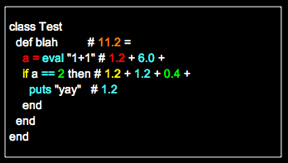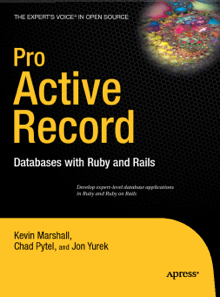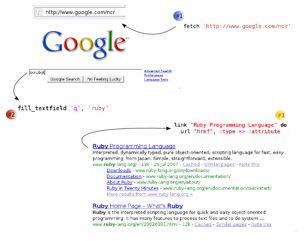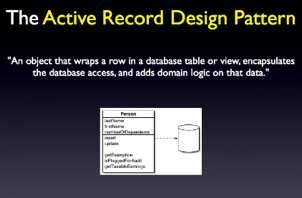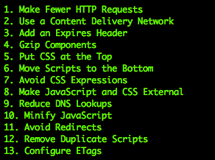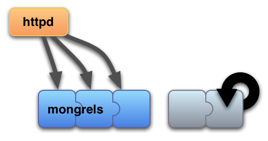
Most Rails developers will be familiar with *** ****’s Mongrel, a great HTTP library used by most Rails developers to either test or deploy their applications (it’s also pretty great for building your own basic HTTP handlers too, but I digress).
Sometimes when restarting applications after code updates, some requests can be “lost” in the whole process, particularly in high-traffic environments. Seesaw, developed by Max Muermann and Matt Allen, however, resolves this problem by restarting your mongrel processes one by one so that availability is ensured. Seesaw is available as a gem (gem install seesaw), although this blog post is essential reading to learn about integration with Nginx and Apache. Read More

